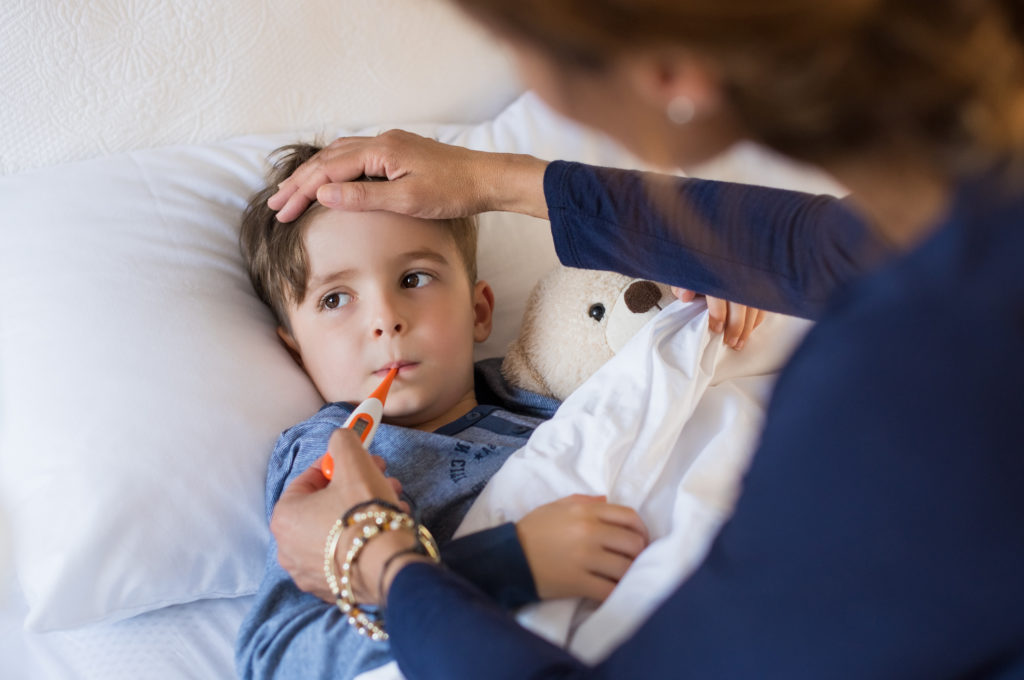
Everyone knows the misery of having a cold. Adults have an average of two or three colds a year, and children have even more. As much as you would like to get better quickly, antibiotics won’t work, because colds are caused by viruses, not bacteria.
Sometimes what you think is a cold might be something else. Bronchitis is an inflammation of the bronchial tubes, which carry air to and from the lungs. It is often accompanied by a cough that can linger for weeks. Like a cold, bronchitis is a viral infection, so you shouldn’t take antibiotics to treat it. Also, like a cold, bronchitis will usually clear up on its own.
A sore throat can have many causes. It may be the symptom, such as from a cold, or it can be its own illness, such as strep throat. Antibiotics are necessary to treat strep throat, but won’t work on a sore throat not caused by a bacterial infection. That’s why it’s important to be tested before you get a prescription for antibiotics.
What can you do?
- Stay at home while you are sick, so you don’t spread your illness to others.
- Avoid close contact with other people, such as hugging, kissing, shaking hands or sharing a glass or straw.
- Move away from people before coughing or sneezing.
- Cough and sneeze into a tissue then throw it away, or cough and sneeze into your upper shirt sleeve, completely covering your mouth and nose.
- Wash your hands after coughing, sneezing, or blowing your nose.
- Disinfect frequently touched surfaces and objects such as toys and doorknobs.
Use the Community Checkup to see which providers score well on appropriately treating symptoms of the common cold.
What should doctors do?
- Explain to you when it’s appropriate to take antibiotics and when it’s not.
- Offer supportive treatment when you are sick, such as suggestions on how to help with your fever, aches and pains, coughing and congestion with over-the-counter medications.
- Perform a strep test on your child before prescribing antibiotics for a sore throat.

